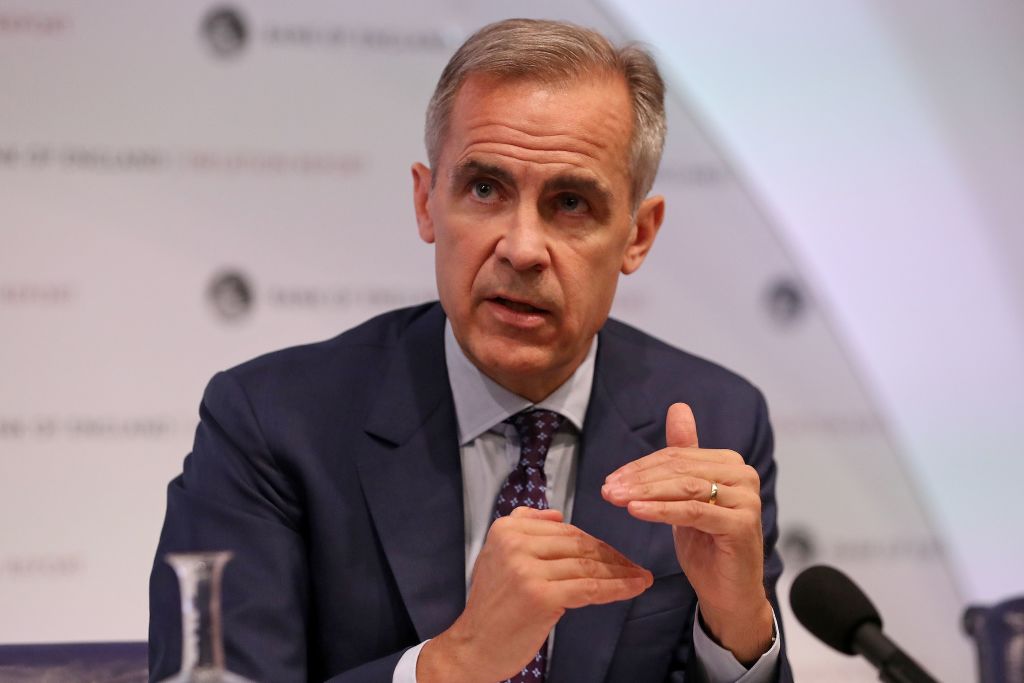When interest rates were lowered to an ‘emergency’ level of 0.5 per cent in 2009, the market consensus was that rates would probably rise again by the following February. I am sure that absolutely no-one would have predicted we would have to wait until 2nd August 2018.
Not even Mark Carney, then still governor of the Bank of Canada. How many times has he given us ‘guidance’ on when interest rates would rise – only for it to be no guide at all? Exactly five years ago, for example, he said that rates would rise once the unemployment rate, then 7.8 per cent, fell below 7 per cent. It is now 4.2 per cent, lower than at any time in the past 45 years. And of course when Carney and his committee did eventually changes rates it wasn’t a rise – it was yet another ‘emergency’ cut to 0.25 per cent in August 2016 when he believed, falsely, that the Brexit vote was going to throw the economy into reverse.
Better late than never, I suppose. But there will be a price to pay for this long period of near-zero interest rates. It didn’t come in the form of high inflation, as I have to admit I thought it would end. But we now have an entire generation who have entered the adult world thinking that interest rates of 0.5 per cent are normal. The prospect of rates rising to 5 per cent – which was normal throughout most of the 2000s – is not high in their consciousness, if at all. You should have seen my son’s face when I showed him a document from 1990, showing a Bank of England base rate of 15 per cent.
How many of these borrowers are prepared for higher rates we just can’t know until they happen – as Warren Buffett once said you never find out who has been swimming naked until the tide goes out. But one thing is for sure: the collapse in home-ownership among the young is, in one sense, a blessing. Compared with the 1980s and 1990s there are relatively few homeowners to get into trouble over a mortgage.
From the Bank of England’s point of view, the cost of inaction over so many years is that it has effectively lost the ability to use its main interest rate as a tool for changing borrowers’ and lenders’ behaviour. It can neither raise rates appreciably for fear of causing havoc among unsuspecting borrowers, but then neither can it much lower them, either. There are central bankers – the Bank of England’s chief economist Andy Haldane among them – who have advocated interest rates of below zero. But that would require the abolition of cash to prevent savers withdrawing their money from banks en masse.
All of which makes Monetary Policy Committee meetings a lot less exciting then they used to be. Don’t expect another change in rates for a while. It might even be worth a modest punt in them still being 0.75 per cent in 2027.







Comments